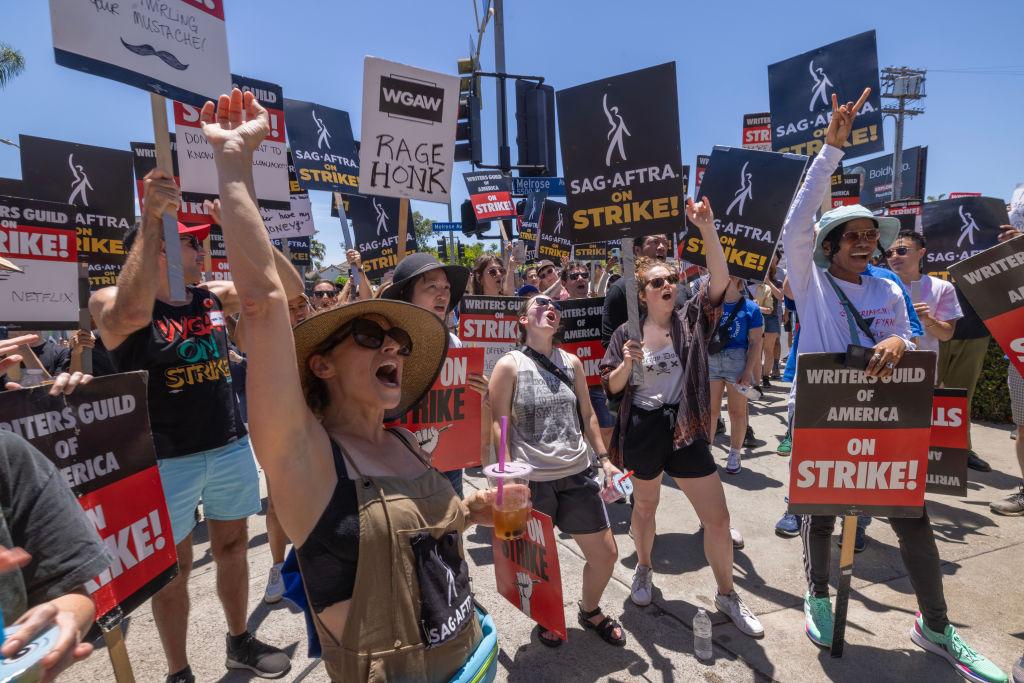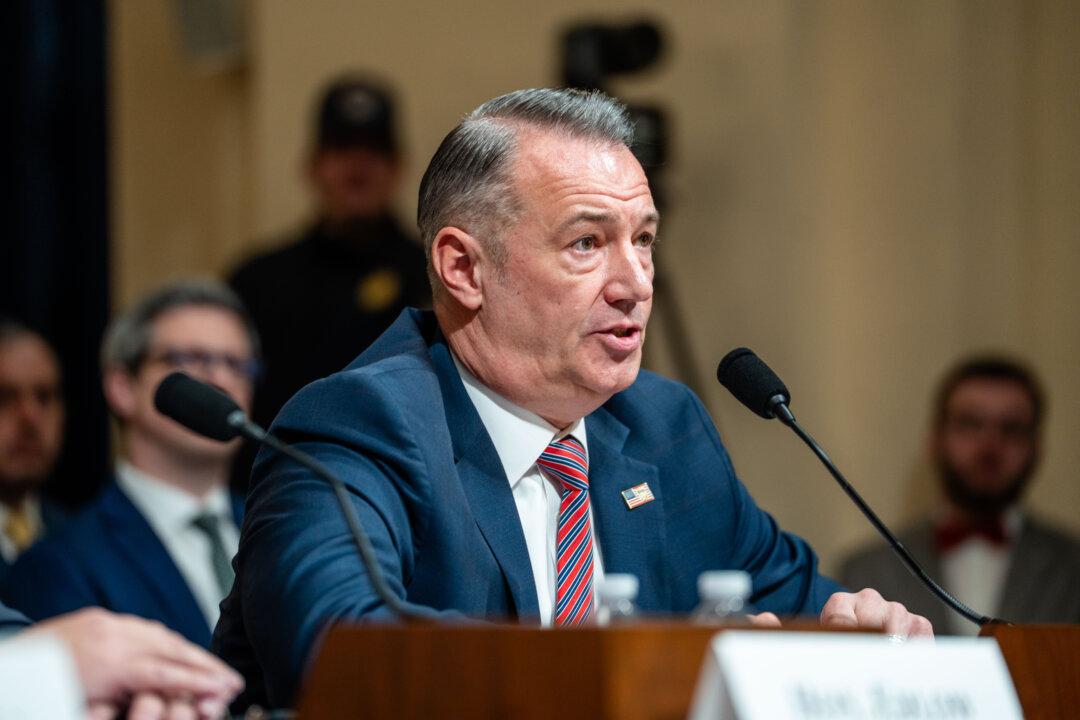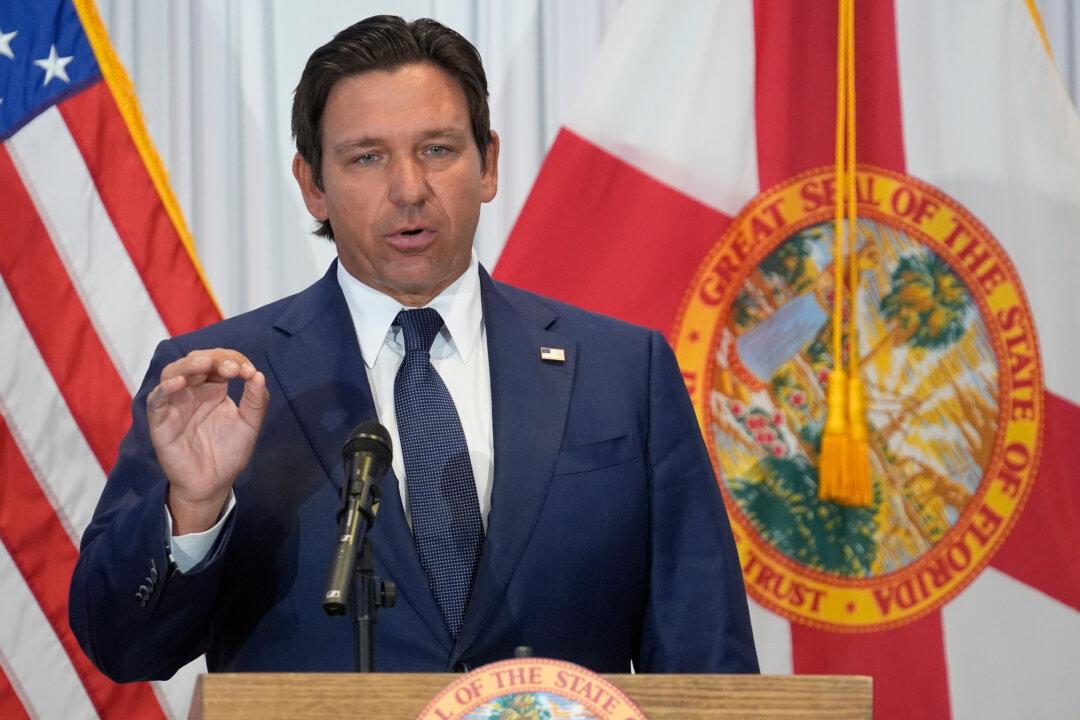Hollywood actors initiated a union-wide vote Sept. 5 to determine whether to strike against video game makers as negotiations with major studios and streaming services remain stalled.
The Screen Actors Guild-American Federation of Television and Radio Artists’ (SAG-AFTRA) national board voted Sept. 1 to send members ballots to decide whether to vote against 10 video game companies after the union said negotiations for a new contract failed.





